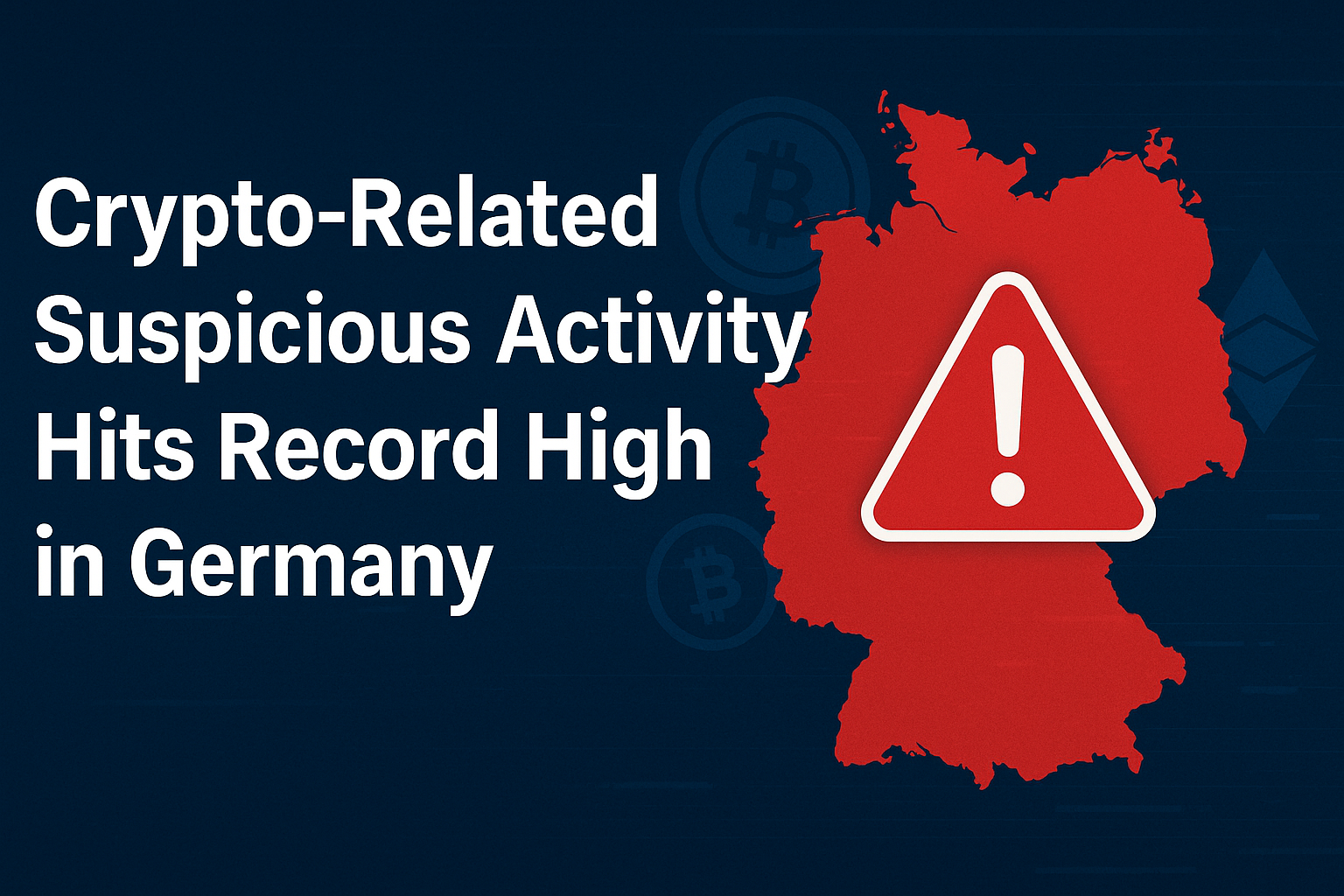BIS report on separating crypto from traditional finance draws fire from blockchain industry leaders.
The Bank for International Settlements (BIS) has come under criticism after calling for stricter separation between cryptocurrencies and traditional financial systems in its latest report. The BIS, often referred to as the central bank of central banks, published its April 15 document titled “Cryptocurrencies and Decentralized Finance: Functions and Financial Stability Implications.”
One of the most vocal responses came from Christopher Perkins, the president of blockchain investment firm CoinFund, who accused the BIS of pushing a “dangerous” and “outdated” strategy.
Perkins Says BIS Misunderstands Crypto’s Role
In an April 19 post on X, Perkins responded sharply to the BIS’s proposed “containment” policy, claiming that such an approach shows fear of innovation rather than meaningful engagement.
“Crypto isn’t something to fear — it’s a financial evolution,” Perkins wrote. “It’s the internet of finance, accessible to anyone with a connection. Trying to wall it off is futile.”
He warned that the 24/7 nature of crypto markets makes them fundamentally different from legacy systems, which operate during limited hours and rely on intermediaries. Trying to isolate crypto from traditional finance could amplify risks, particularly liquidity and settlement issues in crisis scenarios.
“These policies may create the very systemic risks they’re meant to avoid,” Perkins added.
BIS Sees Crypto as a Threat — Perkins Says It Offers Solutions
The BIS report raised flags over the growth of DeFi and stablecoins, warning they might pose a threat to monetary stability and increase investor vulnerability, especially in emerging markets.
But Perkins disagreed, arguing that DeFi protocols offer greater transparency, automate complex processes, and reduce dependency on centralized middlemen, unlike many traditional financial services.
He also noted that most traditional financial institutions offer limited developer transparency, countering the BIS’s critique that DeFi’s anonymity is inherently dangerous.
“If USD stablecoins are improving financial access in places like Venezuela, that should be seen as progress — not disruption,” he said.
Catalini: BIS Framework Is Outdated
Backing Perkins, Christian Catalini, co-founder of Lightspark and an early crypto economics researcher, said the BIS’s stance shows how disconnected central institutions have become from today’s digital trends.
“It’s like writing parking rules for self-flying drones. It’s well-meaning but already obsolete,” Catalini remarked.
Many in the crypto space believe that regulators must evolve, not push back against tech that provides alternatives in places where financial infrastructure is broken or politicized.
U.S. Enforcement Tone May Shift Under Trump Administration
In the United States, the crypto industry could see a regulatory reprieve with Donald Trump’s return to office. During a recent legal forum in New York, government attorneys and legal analysts suggested that federal resources may shift away from crypto enforcement.
According to Scott Hartman, co-chief of the Securities and Commodities Task Force at the U.S. Attorney’s Office in Manhattan, there will be less emphasis on prosecuting crypto cases, and more on immigration-related priorities, aligning with Trump’s core campaign agenda.This shift could lead to a more favorable landscape for crypto firms operating within U.S. borders — at least temporarily.



